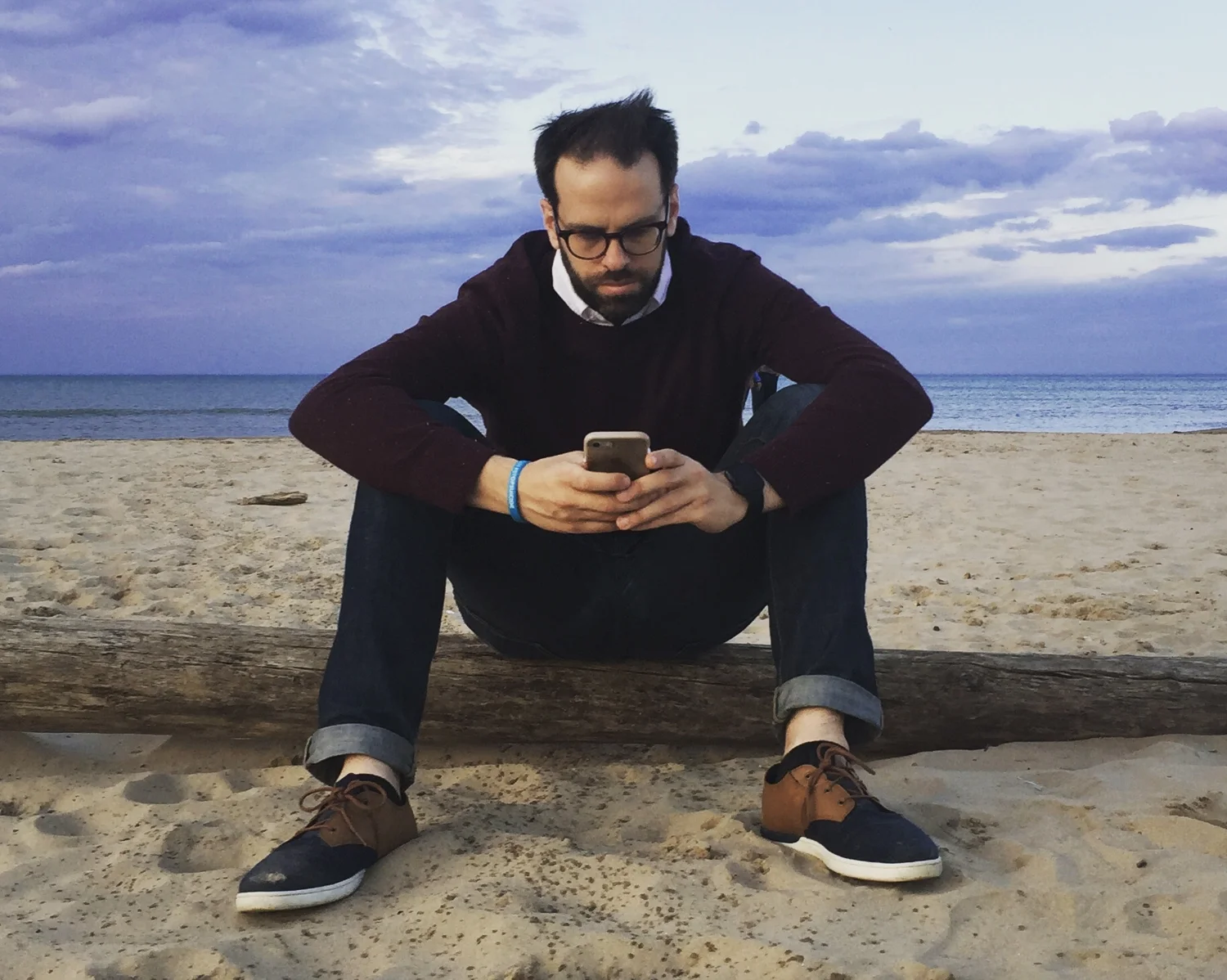I read a critic’s thoughts recently that formed the basis for this essay. Long story short, they were convinced that mentalism was no longer relevant and it wasn’t going to be around much longer.
Now, dear readers, for those of you who aren’t fully immersed in the dark arts like I am, let me explain what mentalism is. According to Wikipedia, mentalism is the branch of magic that deals with highly advanced mental abilities.
Clearly, as a mind reader this critic’s viewpoint really frustrated me.
After I read their opinion I fumed for an entire day. (It wasn't even about my show! I just can't stop thinking about things sometimes.) I was furious that someone thought my art form was becoming irrelevant. I happened to be traveling that day so I spent much of the afternoon alone in my room, pacing and playing a round of “if I was talking to that critic in person what would I say”.
(Side note: I won that round.)
Then, something amazing happened. I heard a ping from my laptop across the room and walked over to discover a perfectly timed message waiting for me in my inbox.
The e-mail was from an audience member who attended a recent show. I’ve redacted any personal information but here’s the body of the e-mail so you can read for yourself:
This e-mail made my day.
See, the key to being relevant has nothing to do with your art form and everything to do with what you're trying to say. I'm constantly trying to share a part of me onstage - it just happens that mentalism is my vehicle for doing so.
I used to think I needed to tackle some big, lofty concepts in order to be an artist. I thought if I could somehow be smarter and more profound then that would help me fully relate to my audiences. In fact, it's exactly the opposite. The more personal and honest you make your performances, the more relevant they become.
It's like when a comedian makes a clever, observational joke about something really mundane and you laugh to yourself, thinking "That's so true!"
It's because deep down we all have the same personal experiences. We have the same hopes and fears and dreams and thoughts about life. We're all just doing our best to get through the day and sometimes we need art to remind us of that.
I can't speak for that "critic" but I can tell you what my audience is saying. I know because I listen to them after my shows.
They're moved and changed, inspired and enlightened, amazed and delighted. According to them, what I do is more relevant than ever.
According to them, that critic is wrong.

